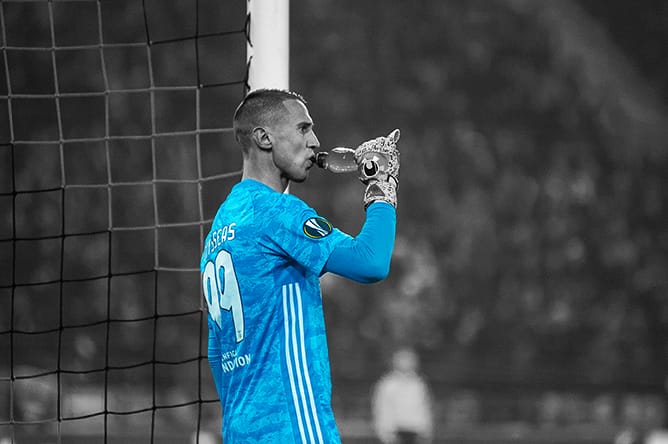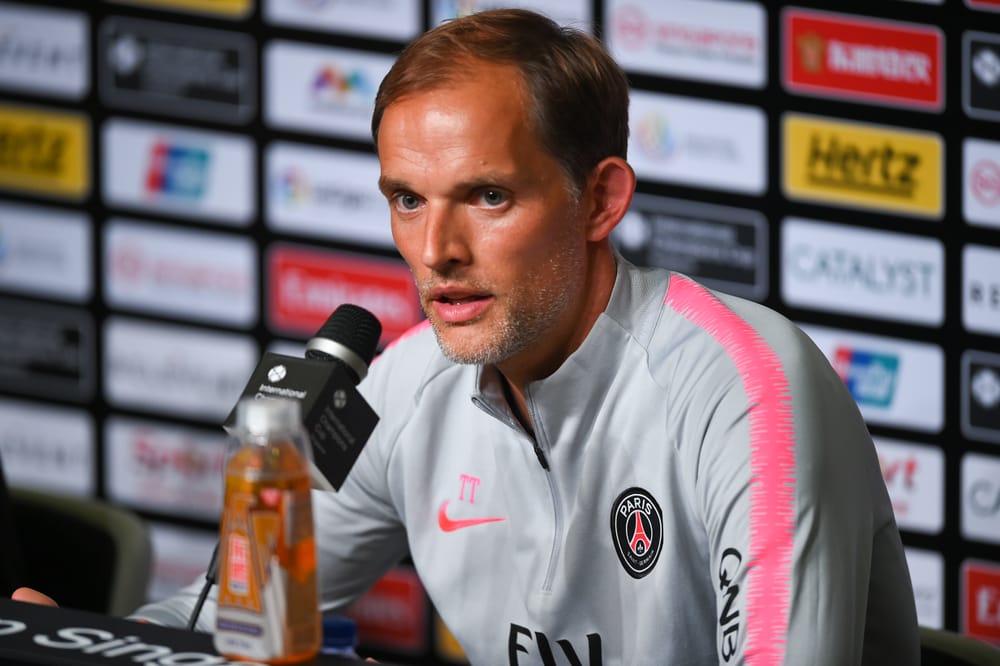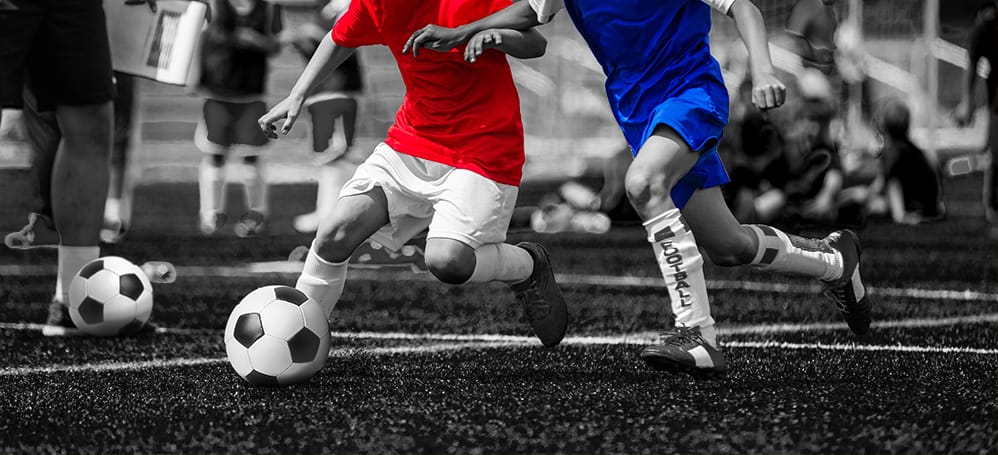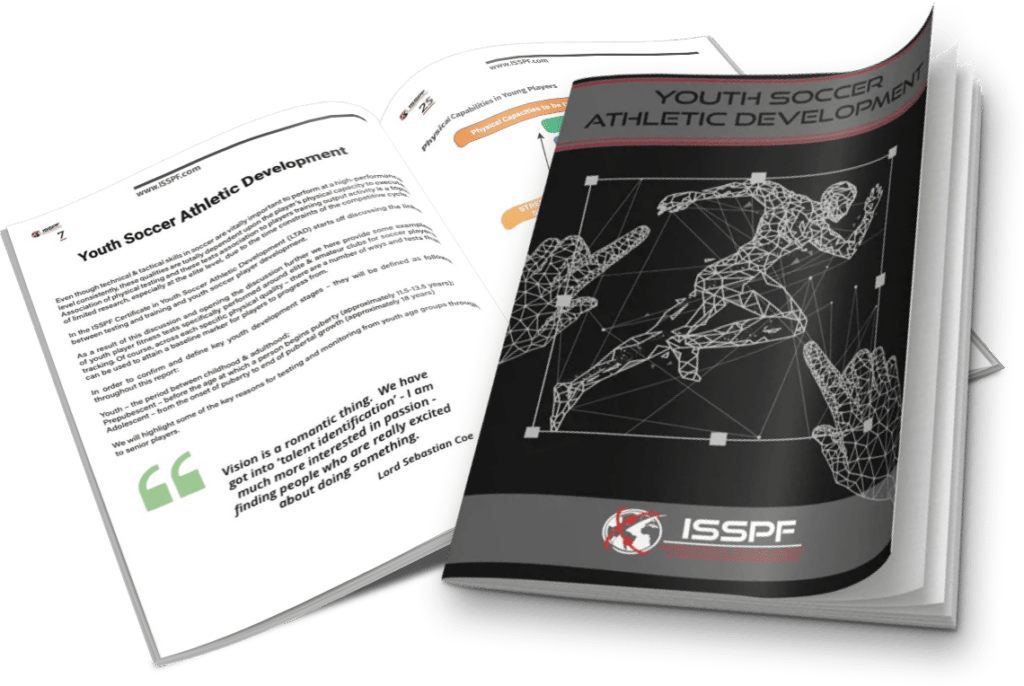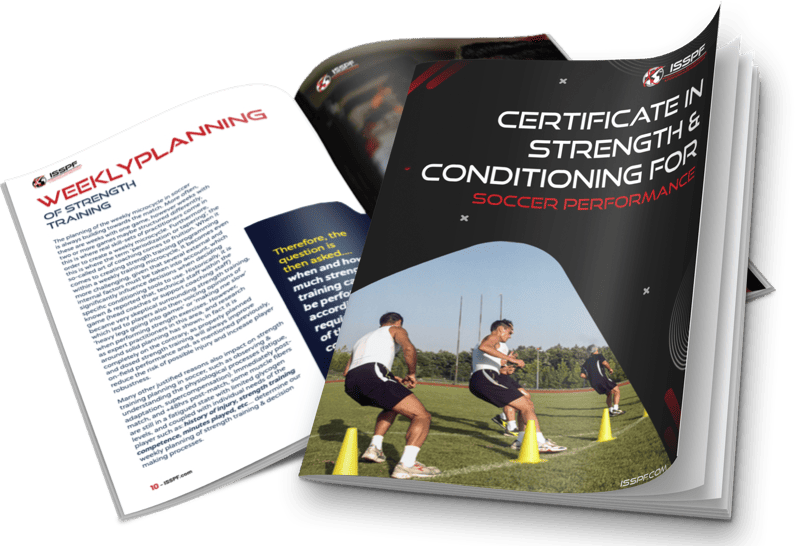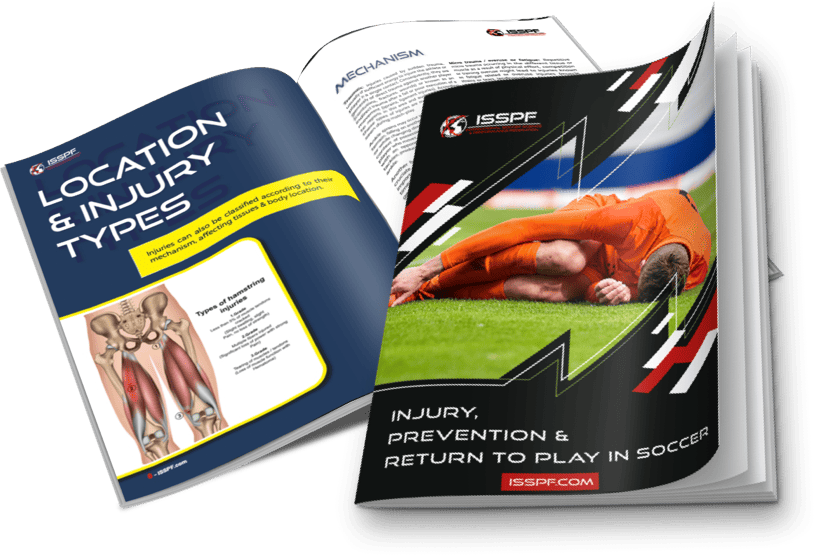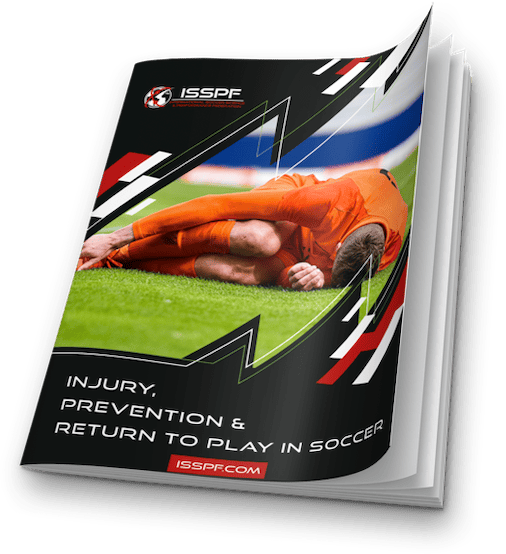Soccer match play is generally characterised by brief bouts of high-intensity linear and multidirectional activity interspersed with longer recovery periods of lower intensity.
Elite-level, English Premier League, for example, players typically cover 10 to 14 km in total distance per game, where both high-intensity (speeds >14.4 km/h) and very-high-intensity running distance (speeds >19.8 km/h) contribute ~25% and ~8% of the total distance covered, respectively.
To quantify the accumulative training and match load during an annual season in English Premier League soccer players classified as;
- starters (n = 8, started ≥60% of games),
- fringe players (n = 7, started 30–60% of games)
- nonstarters (n = 4, started <30% of games)
How Physical Load was Monitored
Players were monitored during all training sessions and games completed in the 2013–14 season with load quantified using global positioning system and Prozone technology, respectively.
The Study Results
When including both training and matches, total duration of activity (10,678 ± 916, 9955 ± 947, 10,136 ± 847 min; P = .50) and distance covered (816.2 ± 92.5, 733.8 ± 99.4, 691.2 ± 71.5 km; P = .16) were not different between starters, fringe players, and nonstarters, respectively.
However, starters completed more (all P < .01) distance running at 14.4–19.8 km/h (91.8 ± 16.3 vs 58.0 ± 3.9 km; effect size (ES) = 2.5), high-speed running at 19.9–25.1 km/h (35.0 ± 8.2 vs 18.6 ± 4.3 km; ES = 2.3), and sprinting at >25.2 km/h (11.2 ± 4.2 vs 2.9 ± 1.2 km; ES = 2.3) than nonstarters.
In addition, starters also completed more sprinting (P < .01, ES = 2.0) than fringe players, who accumulated 4.5 ± 1.8 km.
Such differences in total high-intensity physical work done were reflective of differences in actual game time between playing groups as opposed to differences in high-intensity loading patterns during training sessions.
Conclusions of the Effects of Physical Loads on EPL Soccer Players
- Data from this study suggest that players classified as fringe players and non-starters should engage in additional high-intensity training practices and/or complete relevant time in non-competitive friendlies and U21 games in an attempt to recreate the high-intensity physical load typically observed in competitive first team games.
- This point is especially important given the relevance and importance of high-intensity activity in both building and maintaining aspects of soccer specific fitness.
- Unlike total seasonal volume of training (i.e., total distance and duration), seasonal high-intensity loading patterns are dependent on players’ match starting status, thereby having potential implications for training program design.
Share this article:
